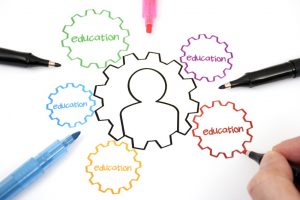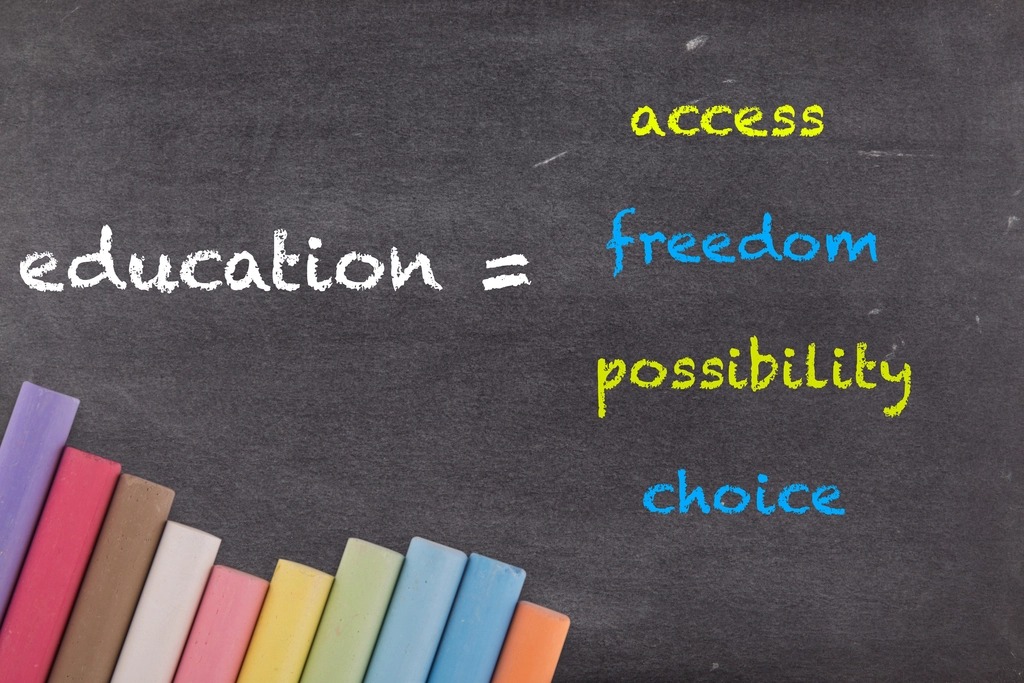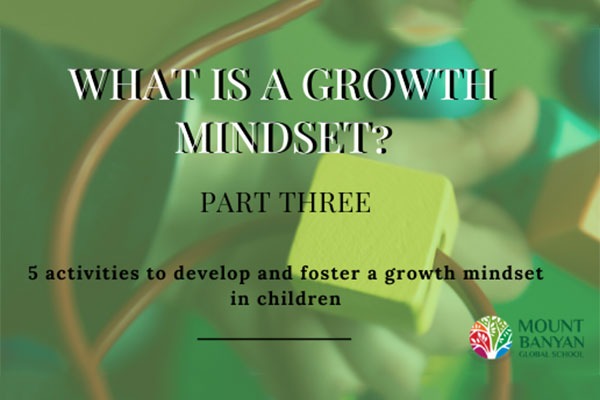In recent years more and more attention has been garnered by lab-based education and hands-on participation at even primary school level. Several international and CBSE schools have come to rely on the rationale that the students are more receptive to learning when they control the flow and pace, i.e, when their learning in ‘self-directed’.
While it is too early for self-directed learning to replace the traditional educational system, it surely has supplemented it and has proved to be widely successful. Some of the benefits of the new system are discussed below.
 Appreciation for learning
Appreciation for learning
Every child is a self-learner. Throughout their childhood, they try to put together information from everywhere and try to make sense of th em to understand how the world works. Why suck the fun out of it as they enter the school by making learning a chore?
By letting them have a say in their educational methods and lessons, we help them continue to nurture the sense of wonder about the world and continue to learn about them at their own pace. This could go a long way in changing students to active learners.
Increased Ownership in Learning
With the right to choose his course and tools, a student becomes more than a passive participant in his education. Since they are given the right to control their pace of learning they benefit the opportunities to fee fascinated by new things, reason them out and be creative with the solutions.
Understanding their strengths
The self-learning system helps the student to understand what works for them and what does not as a part of their learning. They learn to set goals for themselves and figure out why they failed as part of the learning process. Ultimately, this helps them to become a better learner and a functioning adult.
Better prepared for adulthood and career
A well-planned education system that allows the children to right to freedom in their learning ensures that they are better prepared with skills such as:
- Time Management
- Problem-solving
- Strategic planning
- Decision making
- Working autonomously
Children are equipped with skills that are relevant to facing the real world once they step out of the classroom. The standardized tests and scores take them only to a point and then it falls on the individual to fend for themselves.
 Stress-free learning process
Stress-free learning process
With the flow and pace of their education under their control, children are allowed to enjoy the process of learning than worry about the outcome in the form of test scores. At this time when the increase in the suicide rate among students due to stress about scores, peer pressure, depression, and other mental health issues is alarming, a step toward the freedom of education would go a long way.
Conclusion
As adults, we continuously learn and keep us updated with our skill sets, in whatever field that might be in. We learn about new things by reading, watch how-to videos or get help from someone who knows. To know how we learn and which method works for us is an important skill as adults, so why not equip our children to do just that? If they could know what works for them and what does not right from childhood, they could tap to their potential with given the right guidance and motivation.








